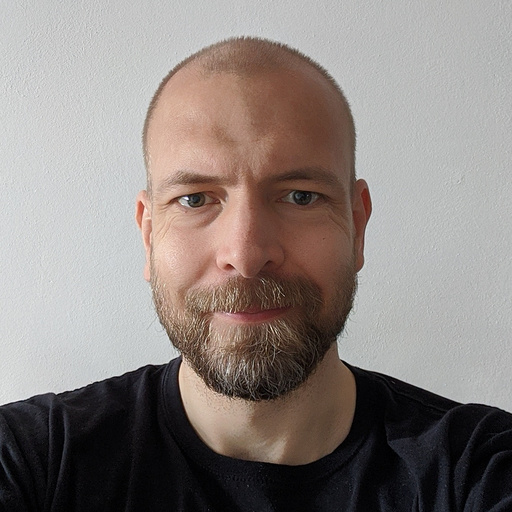Developers, database administrators and Postgres enthusiasts will converge in Heverlee, Belgium on May 7th for this year’s PGConf.BE 2024. Our EDB Postgres experts are looking forward to connecting with the open source community, sharing knowledge, discussing best practices, and exploring the latest trends in Postgres.
EDB has three exciting talks planned for the conference. Keep reading for a preview of who’s presenting and the insights they’ll be sharing on stage:
Gianni Ciolli, Global VP Practice Lead at EDB

Tell us about your experience with PostgreSQL.
I worked many years at 2ndQuadrant; in 2020 it was acquired by EDB, where I now work as the Vice President, Practice Lead High Availability, providing technical leadership internally and to customers. Before that, I worked at the University of Florence as a researcher in Mathematics, using Free Software since 1997. I have been a board member of the Italian PostgreSQL User Group (ITPUG); I helped organising the first European PGDay in Prato, Italy (2008) and many editions of the Italian PGDay. I am an author of several editions of the PostgreSQL Administration Cookbook.
What are you speaking about at PGConf.BE?
My session is on Trusted Postgres Architect. Trusted Postgres Architect (TPA) was published as open source in 2023 after almost a decade of internal development and usage within 2ndQuadrant and EDB. It is an orchestration tool that uses Ansible to deploy Postgres clusters, using a declarative approach. While the defaults implement recommendations and best practices collected during years of customer service, TPA is heavily configurable and presents a number of hooks, to cover a vast range of use cases. In this presentation, I will describe, with a few examples, how TPA can help you implement important functions such as testing, deployment, debugging, and development in your organization.
Tomas Vondra, Senior Principal Engineer at EDB

Tell us about your experience with PostgreSQL.
I first met PostgreSQL in 2003 and quickly became a big fan. I participated in porting various applications to PostgreSQL from other databases, tuning and fixing performance issues etc. I’m also a member of the executive committee of CSPUG (Czech and Slovak PostgreSQL Users Group), an "umbrella" organization for the local PostgreSQL community. I currently work as a database engineer for EDB, working on various PostgreSQL-related tasks.
What are you speaking about at PGConf.BE?
My talk is called “Where do the performance cliffs come from?”. When running queries on a Postgres database, chances are you have experienced hitting a "performance cliff" - an abrupt change of performance for a given query, after only a small change in data and/or query parameters. In this talk, I'll explain why performance cliffs happen – after a brief explanation of how cost-based optimizers work and what assumptions that relies on, I'll show a couple examples why/how it fails, and I'll share some recommendations on how to mitigate these issues. If time permits, I'll talk about a couple interesting improvements and possible solutions proposed in recent research projects, focused on making query execution more adaptive and robust.
Vik Fearing, PostgreSQL Expert at EDB

Tell us about your experience with PostgreSQL.
I've been doing PostgreSQL full time since 2013. I do consulting, training, and auditing out of Paris, France. I am also the co-founder and co-organizer of pgDay Paris.
What are you speaking about at PGConf.BE?
My session is titled, “What is a SELECT?”. The SELECT statement is probably the most complex piece of all of SQL. Far beyond the simple "SELECT * FROM tablename", learning the full syntax can help you write cleaner, more efficient, and more easily maintainable code. We will start with data sources which are varied and many, then move on to joining those sources together. Once this is understood we will cover manipulating our new dataset with various forms of filtering and grouping
Then, we will look at the different ways of extracting our results into the form we want to return to the client. This includes bare columns, expressions, aggregates, and window functions. Finally, we will look at how to compose queries with WITH-lists (also known as Common Table Expressions) and recursive queries.
Be sure to check out these insightful presentations at PGConf.BE May 7th, and meet Gianni, Tomas, and Vik in person. See the schedule here.
EDB is proud to be part of the vibrant open source community. Check out all the global events we attended in Q1 and be sure to visit our events schedule to see where we’re headed next.
